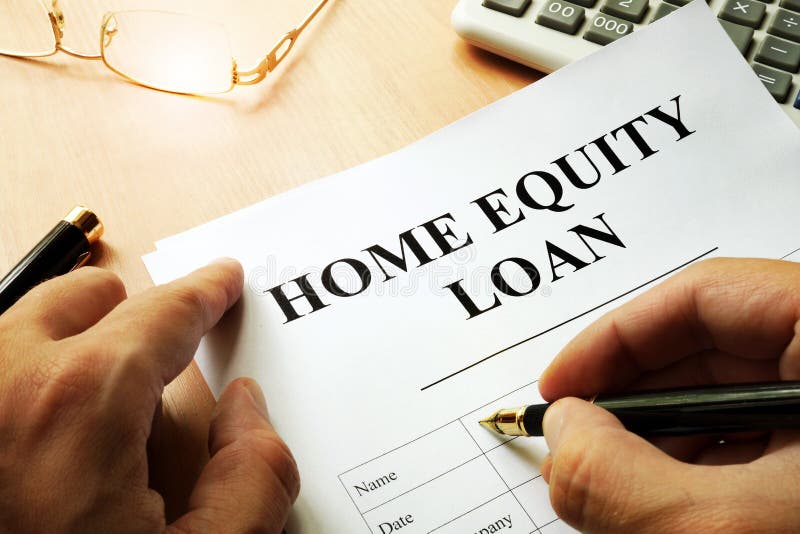
In case you feel the need for some additional cash and you have a house, owning home equity loans is a very useful thing. Whether you take a large loan for a home renovation, to pay off debts, or to cover some emergencies, it is very important to understand how such loans operate.
What is a Home Equity Loan?
First of all, let’s start with the most important prerequisite. A home equity loan enables one to borrow on the equity market price of the property in which one resides. In other words, it means that it is as good as getting a second mortgage on your home. It means that you borrow a sum amount of money right in this period and make a repayment plan in the later period, usually for a certain interest rate.
Since home is used as collateral then the interest rates for these types of credits are usually lower compared with personal loans or credit cards. But this also comes with a caveat of measure — if you cannot pay, you are ejected out of your home.
How Does a Home Equity Line of Credit (HELOC) Differ?
Now, you may also be familiar with home equity lines of credit, or HELOCs. Although they have a similar sound to them, they are a bit different. Rather than receiving one large sum all at once, a HELOC allows you to borrow funds as needed up to a maximum limit. It’s like having a credit card, but secured by your house.
Also, HELOCs typically offer variable interest rates, so your payment may increase or decrease over time. And you usually only pay interest on what you borrow, rather than the total credit limit.
Short and sweet:
- Home Equity Loan = Single lump + Fixed rate.
- HELOC = Flexible borrowing + Variable rate.
How Do You Qualify for Home Equity Loans?
Qualifying for a home equity loan or a HELOC is usually easy, but there are a few things that the lender wants to see. First and foremost, you must have sufficient equity accumulated in your house. The majority of lenders want you to have a minimum of 15–20% equity.
Besides that, your credit score matters too. A higher score can help you get a better interest rate. Moreover, lenders will look at your income, debts, and overall financial health to ensure you can afford to repay the loan.
At Loan Locker, we make it even quicker and simpler, providing direct private lending here in Tampa, Florida. With discretionary capital at our disposal, we can guide the process and fund the loans promptly and dependably.
How Much Can You Borrow?
Excellent question! Most lenders permit you to borrow 80–85% of your home’s value, minus how much you still have left on your mortgage.
So, here’s an example:
- Home value: $400,000
- Current mortgage balance: $250,000
- 80% of $400,000 = $320,000
- $320,000 – $250,000 = $70,000 available in home equity loan or credit line.
Of course, every situation is unique. Factors like your income, credit score, and debt-to-income ratio can all affect the amount you’re eligible to borrow.
What Are the Pros and Cons of Home Equity Loans?
Like any financial decision, home equity loans and credit lines come with both advantages and risks.
Pros
- Lower interest rates: Since your home secures the loan, the rates are usually lower than with credit cards or personal loans.
- Large borrowing amounts: You have access to more money than with many other types of loans.
- Fixed payments: With home equity loans, steady monthly payments make it easier to budget.
Cons
- Risk of foreclosure: Since your home serves as collateral, not repaying can result in severe consequences.
- Closing charges: Similar to your initial mortgage, these loans may have closing charges.
- Variable rates (for HELOCs): Your payments may become more costly in the future if interest rates increase.
When Should You Get a Home Equity Loan?
You may be asking yourself now, “Is home equity loan for me?” It depends.
You should think about it if you:
- Have a one-time, large expense such as a home remodel or college fees.
- Want a fixed payment schedule.
- Need to roll over high-interest debt and save on interest.
Alternatively, if you prefer flexibility — perhaps if you are going to do a series of small projects at some point down the line — a HELOC may be the better option.
Still unsure? At Loan Locker, our friendly staff is ready to assist you in considering your options and discovering the best one for your purposes.
Tips for Getting the Best Deal
So, before you leap in, here are a few tips to remember:
- Shop around: Don’t accept the first deal you’re offered. Compare lenders to get the best rate and terms.
- Check your credit: A good credit score can mean lower interest.
- Borrow what you need, not more: It’s tempting to borrow extra, but keep in mind, you’ll have to pay it back — with interest.
- Understand all costs: Be aware of fees, variable rates, and repayment terms.
- Have a repayment plan: Ensure you’re sure you can repay, even if your situation changes.
- Have Alternative Financing Options: Occasionally traditional loans aren’t the ideal option. Independent lenders such as Loan Locker provide speedy, flexible funding solutions that enable you to tap into your home’s equity without waiting for the prolonged delay of traditional financial institutions.
- Build Relationships with Private Money Lenders: If you’re looking into real estate investment, building relationships with private lenders can offer quicker and more versatile funding. A solid relationship with a reliable lender is key to long-term success in the investment arena.
Why Choose Loan Locker for Home Equity Loans?
When borrowing home equity, however, whom you borrow from is important. Loan Locker is a direct private lender based in Tampa, which means we do everything internally. That allows for quick responses, dependable funding, and personal service from individuals who actually know the local market.
With our access to discretionary capital, we have the authority to act fast — no go-betweens, no unnecessary waits. Whether you need a lump sum or a revolving credit line, we can assist you in unlocking your home’s value the smart way.
Final Thoughts
In conclusion, home equity loans and lines of credit are strong financial instruments — but only if used carefully. They can provide lower interest rates, large borrowing capacity, and flexible payment terms. But they also have risks, particularly if you are unable to make the payments.
So, take time to educate yourself on your choices, contrast offers, and consider your payoff plan before ever making a choice. With the proper plan in place — and Loan Locker working for you as your trusted lender — you can put your home’s equity into action. So, do you want to unlock your home’s potential? Begin with Loan Locker today!

